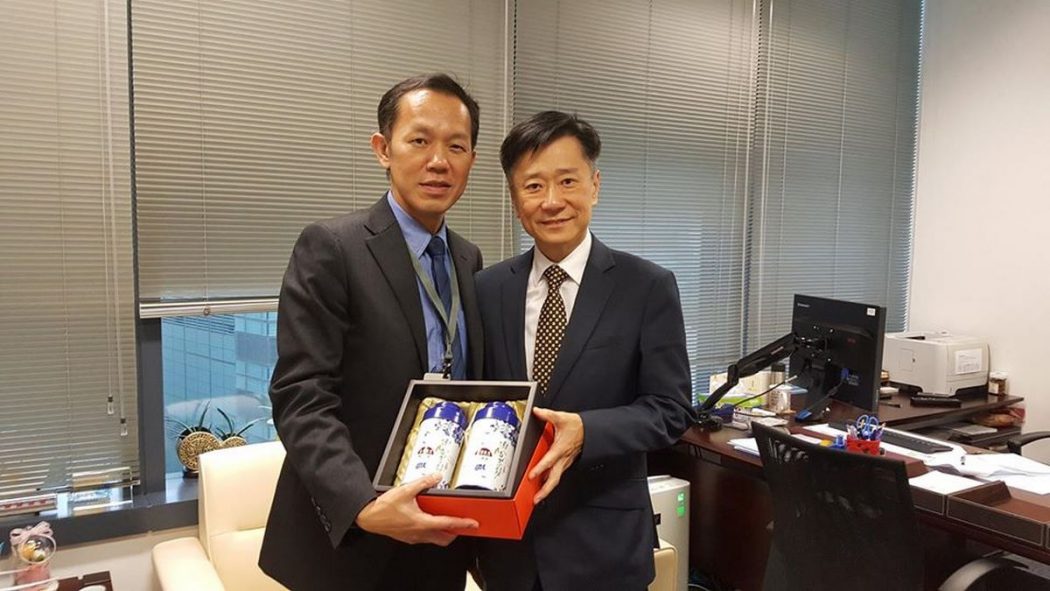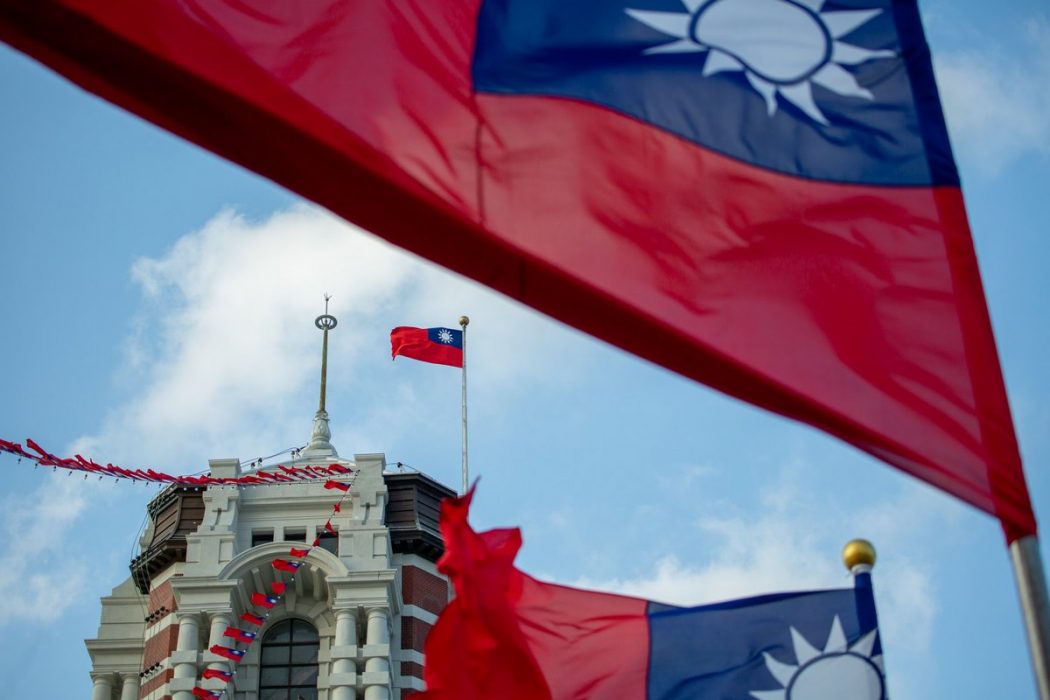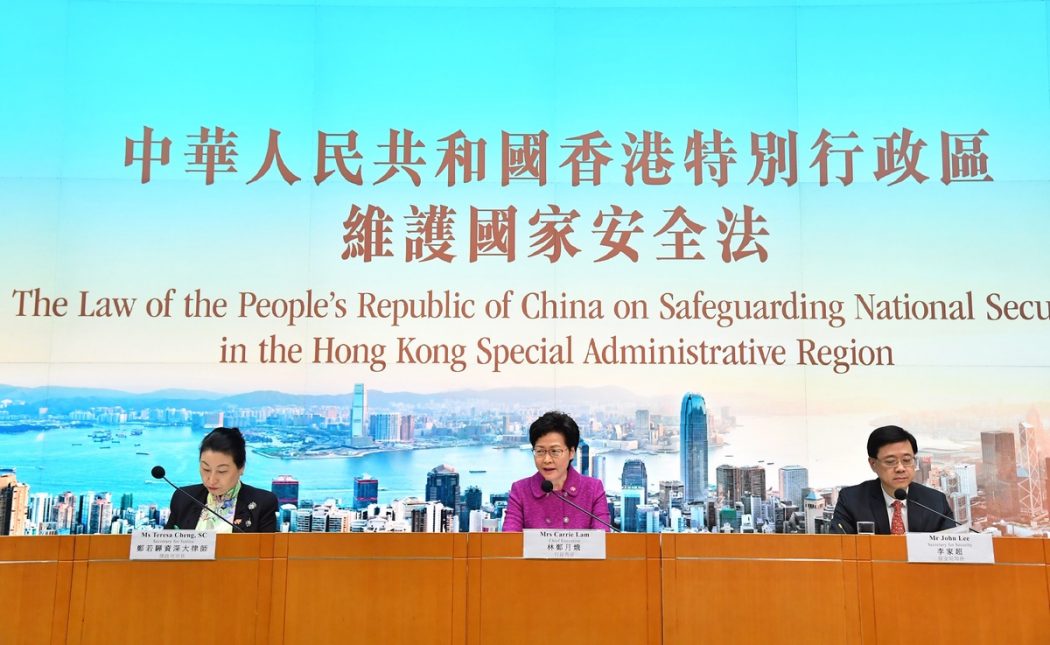Taiwan’s top acting representative in Hong Kong Kao Ming-tsun reportedly left the city on Thursday after he refused to sign a statement supporting the “One China” policy in exchange for a work visa extension.
According to an exclusive report by Taiwan-based online news outlet Up Media, local authorities asked Kao, who is the acting head of the Taipei Economic and Cultural Office in Hong Kong, to sign an affidavit expressing support for the “One China” policy for his recent visa extension application.

“One China” is a diplomatic principle acknowledging only one Chinese government and Taiwan as part of China. Taiwan has been ruled by the Republic of China government since 1945 and considers itself to be an independent country.
Countries that wish to establish formal relations with Beijing are forced to cut ties with Taiwan, isolating the island-nation diplomatically. Currently, Taiwan only has 15 diplomatic allies and is excluded from international agencies such as the World Health Organization.
The Mainland Affairs Council’s office in Hong Kong told Up Media that Kao refused to comply with the request and returned to Taiwan on Thursday. The council’s Minister Chen Ming-tong said at a regular press conference on the same day that other Taiwanese representatives in the city had experienced major visa extension application delays.

Kao has been the acting top representative after the designated official Lu Chang-shui’s visa application was left pending since 2018.
Chen said the Hong Kong government had imposed “additional political conditions” when processing visa renewals and applications since the newly-enacted security law.
“This is unacceptable,” he said, adding that local authorities had overlooked the importance of Taiwan’s office in Hong Kong in facilitating exchanges between the two authorities.

The Hong Kong government has yet to respond publicly.
The Beijing-imposed national security legislation criminalises secession, subversion, terrorism and foreign interference. Under Article 43 of the law, if the local police chief “reasonably believes” it is necessary for preventing and investigating relevant offences, the force may require Taiwanese political groups to hand over information such as personal particulars, assets, sources of income and expenses of their Hong Kong branches.
